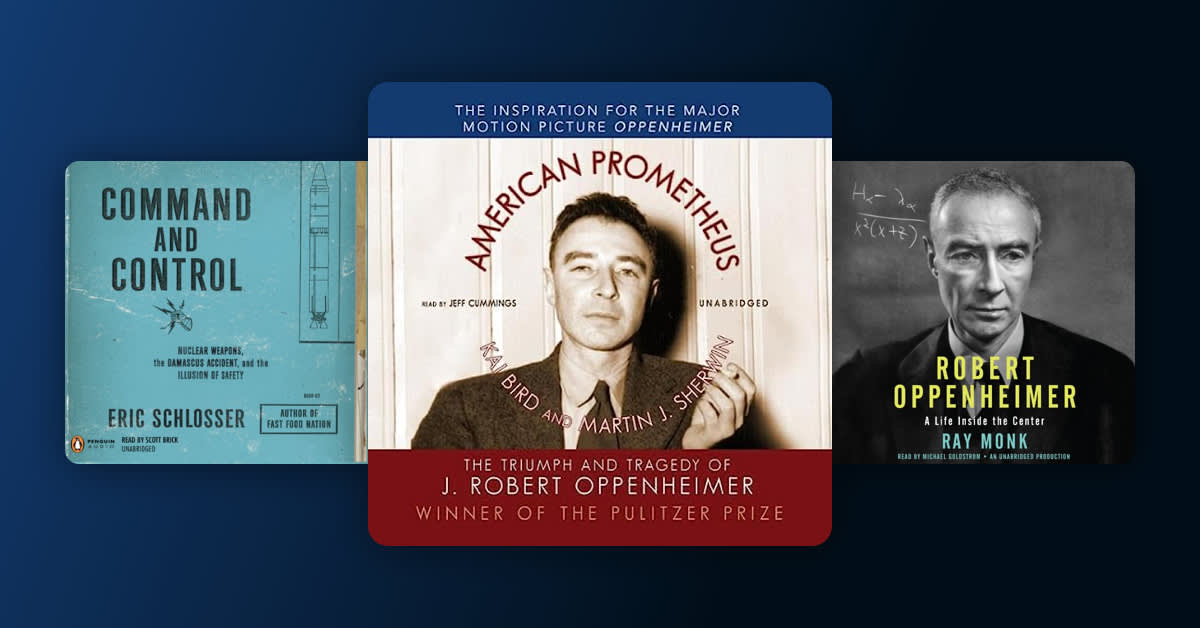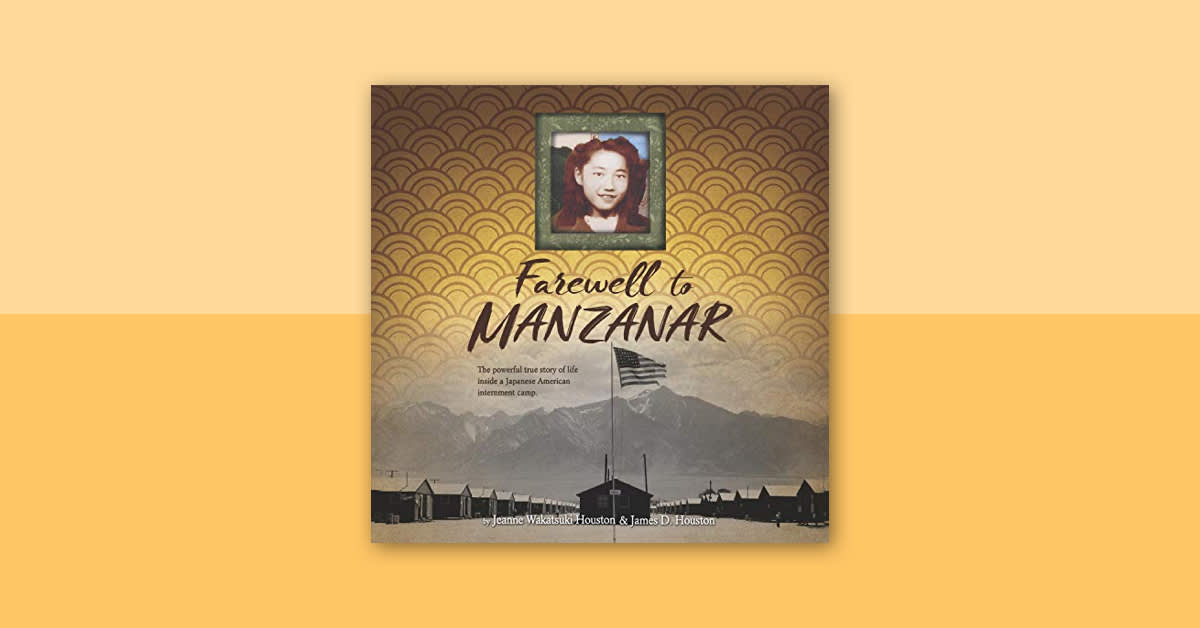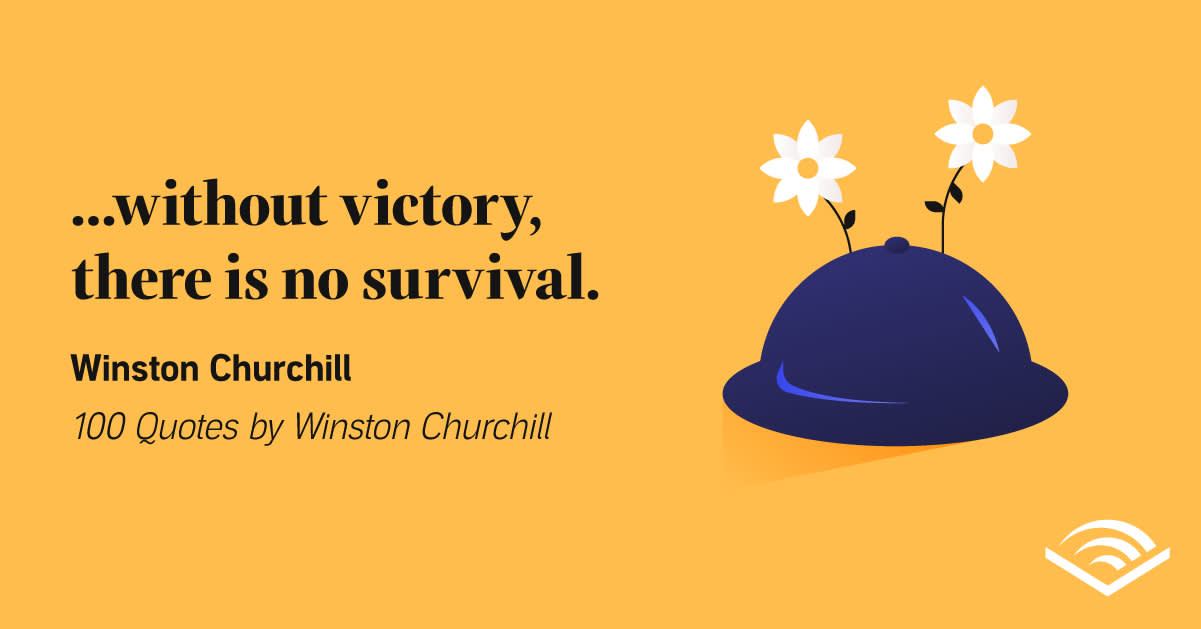Dubbed the "father of the atomic bomb," J. Robert Oppenheimer was a theoretical physicist who gained notoriety for the role he played in the Manhattan Project and the creation of the very first nuclear weapon. After the atomic bomb was successfully developed, it was deployed by the United States to destroy the Japanese cities of Hiroshima and Nagasaki in history’s only use of nuclear weapons in war to date.
In the aftermath, Japan surrendered, effectively ending World War II, but repercussions from the nuclear explosions reverberated for decades to come. Oppenheimer himself had his reservations about the bomb and its usage, and was critical of the idea of nuclear warfare, causing the government to question his loyalties. A complex man in a complex position, Oppenheimer—as well as the various complicated issues surrounding nuclear weapons that he came to represent—is a difficult figure to understand without ample research and proper contextualization.
On July 21, his story hits the big screen with the biopic Oppenheimer, directed by Christopher Nolan and based on the Pulitzer Prize-winning biography American Prometheus by Kai Bird and Martin J. Sherwin. The film stars Cillian Murphy as the titular scientist, with a star-studded supporting cast including Matt Damon, Emily Blunt, Robert Downey Jr., Rami Malek, Florence Pugh, and Kenneth Branagh. For those curious about history or looking to build a better understanding of Oppenheimer’s role in the emergence of the nuclear age, we’ve got some great listens to queue up as you prepare to see Oppenheimer or to further boost your comprehension after the credits roll.
Any Oppenheimer listening list would be remiss not to highlight the very book the film is based on. American Prometheus, the 2006 Pulitzer Prize winner in biography, is the culmination of about 20 years of research conducted by historian Martin J. Sherwin and compiled by writer Kai Bird. This listen covers everything from Oppenheimer’s early life and childhood to his career beginnings to the Manhattan Project itself, along with the bomb’s impact and Oppenheimer’s positioning within the greater discourse about nuclear warfare. Narrated by Jeff Cummings, the audiobook edition is an excellent way for listeners interested in the figure of Oppenheimer, both inside and outside the context of the atomic bomb, to get an intimate peek at the man, his life, and his legacy.
This Oppenheimer biography is a bit more focused on diving deep into the complicated man’s interior life and motivations. Ray Monk’s account of Oppenheimer’s life delves into his background as the child of German-Jewish immigrants, the ambition and scientific genius that allowed him to enter the same circles as figures such as Albert Einstein and Niels Bohr, and the weight of the discoveries he made as the director of the Los Alamos Laboratory, which led him to resist nuclear warfare and the escalation of the Cold War. Robert Oppenheimer: A Life Inside the Center is a compassionate and exhaustive investigation into a multifaceted man and how he navigated the near-impossible position he was put in.
Another Pulitzer Prize winner, The Making of the Atomic Bomb is a sweeping history—of not just the Manhattan Project but also the other important figures and events in modern physics that played a role in the development of nuclear weapons. Over a whopping 37 hours, listeners will get a comprehensive, detailed account of this incredible intersection of science and warfare. But be assured, even though 37 hours may sound like an enormous undertaking, the narration by Holter Graham succeeds in making the topic approachable and easy to follow.
In this Audible Original installment of The Great Courses series, historian Edward G. Lengel takes listeners along for the ride as he recounts the fast-paced, thrilling race to build the atomic bomb. In a digestible yet thorough 10-episode series, Generals and Geniuses: A History of the Manhattan Project provides a comprehensive portrait of the Manhattan Project. Not only does the series discuss the amazing minds behind the bomb, including Oppenheimer—it also asks complicated ethical questions about the horrifying impact on the people of Hiroshima and Nagasaki and the future of nuclear weapons technology.
For additional insight on a lesser-known aspect of the history of the Manhattan Project, Spies in the Congo is a must-listen. In order to make the atomic bomb in the first place—and to do so before Nazi Germany—the essential ingredient needed to be obtained, and obtained quietly. The world’s most significant supply of this ingredient, uranium ore, was located in the Belgian Congo, in the Shinkolobwe Mine. Spies in the Congo tells the gripping tale of the covert operation carried out by the US Office of Strategic Services (the precursor to the CIA) to export the uranium from Africa required to create the terrifying weapons that ended the war.
Sachiko Yasui was six years old on August 9, 1945 when the “Fat Man” bomb was dropped on her home of Nagasaki. This stunning book tells the jaw-dropping and harrowing true story of Sachiko’s survival of the atomic bomb’s deployment, as well as the heartbreaking aftermath that spanned her entire life. Author Caren Stelson conducted an extensive series of interviews with Yasui about her experiences following the bombing and her lifelong journey to find peace, culminating in this deeply necessary story. Katherine Fenton's performance brings Sachiko to life, strengthening an already powerful work.
At the time the “Little Boy” bomb destroyed Hiroshima, Dr. Michihiko Hachiya was the director of a hospital in the city. What he witnessed in the confusing and chaotic aftermath was nothing short of devastation, but he carefully recorded it all in this diary. This listen is a must for anyone seeking to understand the truth of the bomb’s impact—Oppenheimer himself praised this work as “a simple and unpretentious account of compassion, sorrow, and great courage.'' Narrated by Robertson Dean, the audiobook edition of Hiroshima Diary beautifully captures that compassion and quiet strength in the face of sheer horror.
On the morning of August 9, 1945, five Japanese teenagers started their day, unaware of the life-altering destruction awaiting them. In this audiobook, poignantly narrated by Traci Kato-Kiriyama, we follow these five survivors’ accounts, from the morning of the bomb to the years and decades following, all the way to present-day Nagasaki. Author Susan Southard has interviewed hibakusha—a word of Japanese origin referring to survivors of the atomic bombs—for many years. Nagasaki is a culmination of her research, presented alongside a scrupulous analysis of how the bombings were reported upon in both the US and Japan at the time.
Following the atomic bomb droppings on Hiroshima and Nagasaki, the US government sought to conceal the true nature and effects of these weapons from the American people, deliberately spreading propaganda and closing off the occupied Japanese cities to reporters. John Hersey, a reporter for The New Yorker, managed to get into Hiroshima and find out the truth. In August 1946, a year after the bombings, the magazine published “Hiroshima," a story that took up the entire issue and revealed the horrific impact of these weapons of mass destruction. Fallout is the incredible story behind the story—and an essential reminder of the importance of independent journalism.
In this deep investigation into the management of our nation's nuclear arsenal, journalist Eric Schlosser tells the play-by-play story of the 1980 Damascus Titan missile explosion as a means to explore and uncover both the scientific and political perspectives of nuclear weapons safety. Schlosser’s research draws from declassified documents as well as interviews with various people involved with designing and handling nuclear weapons. Command and Control is a masterful revelation on the grave and terrifyingly imminent danger we are in as a human race due to our own fallibility in the face of such elaborate and powerful technology. Scott Brick narrates this gripping and skillful book, keeping listeners engrossed the whole way through.
In a bestselling work of nonfiction that could be mistaken for a thriller, veteran journalist and Fox News Sunday anchor Chris Wallace investigates the 116 days leading up to the American attack on Hiroshima, probing the minds of historical figures whose lives intersected with the mission, including Albert Einstein, who eventually calls his vocal support for the atomic bomb "the one great mistake in my life" as well as lead researcher J. Robert Oppenheimer and the Soviet spies who secretly infiltrate his team. With a gripping reading by Wallace himself, Countdown 1945 is a historical thriller par excellence.
Best known for his popular-science titles (Caesar's Last Breath, The Disappearing Spoon), bestselling author Sam Kean dives into an untold slice of WWII history and pulls off another winner. The Bastard Brigade refers to the Allies’ Alsos mission, which assembled a renegade group of scientists and spies to thwart Nazi Germany’s development of the atomic bomb. Action-packed and with a rogues gallery of outlandish figures, including major-league-catcher-turned-international-spy Moe Berg, The Bastard Brigade is a rollicking, character-driven adventure through one of the most pivotal periods in human history.



















